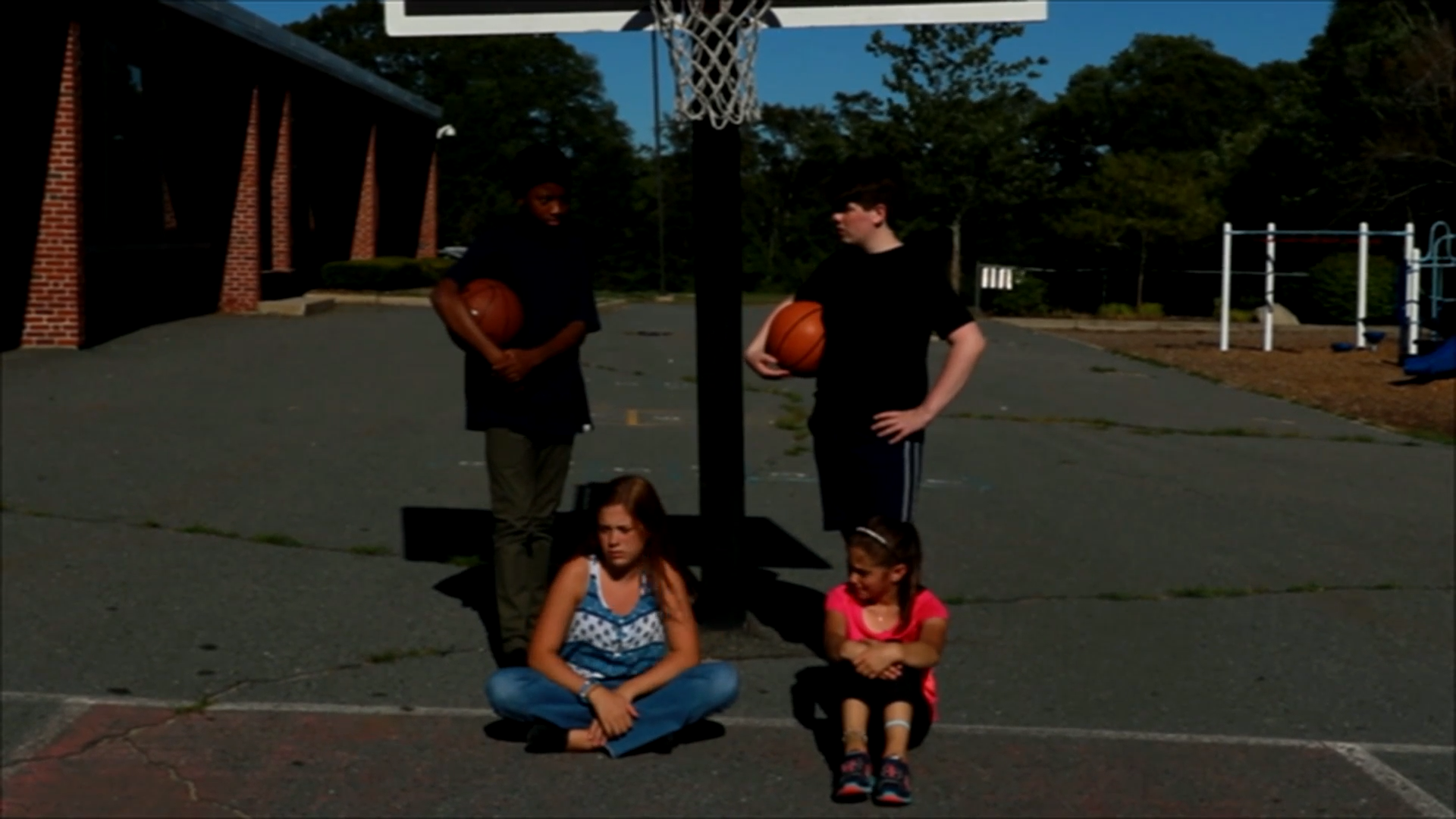Developing problem-solving and cooperation skills is crucial for elementary students in special education. These skills enable students to handle conflicts, communicate effectively, and build positive relationships with their peers. In this blog post, we will explore how educators can create effective Individualized Education Program (IEP) goals for enhancing these skills in their students.
Understanding Problem-Solving and Cooperation Skills
Problem-solving and cooperation skills involve the ability to address conflicts and work together with others to reach a resolution. These skills are essential for students’ learning, social interactions, and wellbeing. When students possess strong problem-solving and cooperation skills, they can navigate social situations more effectively, build better relationships, and experience improved mental health.
The Role of Specialists
Various specialists can support the development of problem-solving and cooperation skills in students. These include:
- Speech-Language Pathologists: They can help students improve their communication skills, enabling them to express their thoughts and feelings more effectively during problem-solving situations.
- Social Workers: They can provide guidance on social skills and teach students how to work together to resolve conflicts.
- Psychologists: They can help students understand their emotions and develop coping strategies to handle conflicts and stress.
- School Counselors: They can assist students in developing interpersonal skills and provide support during challenging social situations.
IEP Goals for Problem-Solving and Cooperation Skills
Here are some specific SMART IEP goals to enhance problem-solving and cooperation skills in students:
- Goal: The student will demonstrate the ability to cooperate with peers in group activities by actively participating and sharing responsibilities in 80% of opportunities.
- Strategies and Activities: Encourage group projects, assign roles within the group, and provide positive reinforcement for cooperative behavior.
- Goal: The student will improve problem-solving skills by identifying at least two possible solutions to a conflict in 4 out of 5 scenarios presented.
- Strategies and Activities: Use role-playing exercises, discuss hypothetical scenarios, and practice brainstorming multiple solutions.
Implementing and Measuring Progress
To implement these goals and measure progress, educators should:
- Collaborate with specialists to identify the most effective strategies and activities for each student.
- Regularly monitor student progress through observation, assessment, and feedback from specialists.
- Adjust the goals and strategies as needed, based on the student’s progress.
Conclusion
Developing problem-solving and cooperation skills in elementary students is essential for their overall growth and wellbeing. By setting effective IEP goals and working with specialists, educators can support their students in building these vital skills. We encourage you to apply these IEP goals and strategies in your own practice and invite you to explore more resources at Everyday Speech Sample Materials.






